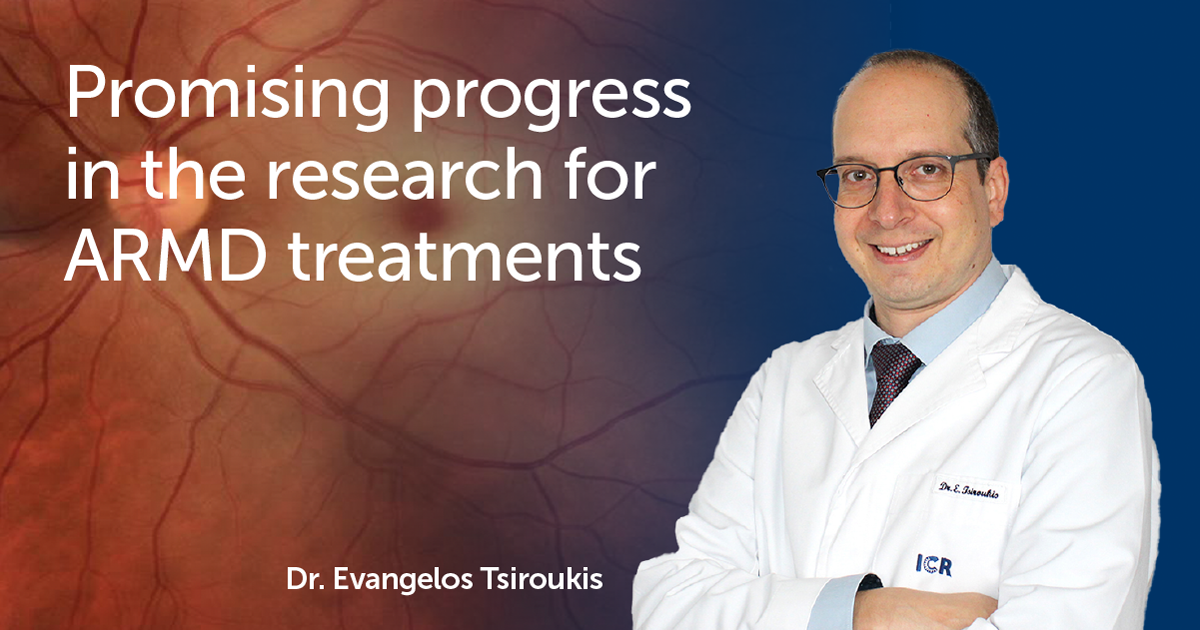
Age-Related Macular Degeneration (ARMD) is a progressive and degenerative ocular illness ocular affecting people over 50 years old. It is one of the main causes of vision loss in the developed world. Since the population is aging, ARMD has turned into an increasingly relevant public health issue.
Apoptosis is the process of programmed cell death by which the body gets rid of cells that can no longer be repaired. Apoptosis plays a crucial role in ARMD, a disease in which the cells of the macula (the area of the retina responsible for central vision) begin to successively die much faster than expected. This phenomenon is related to the accumulation of so-called drusen —protein and lipid deposits under the retina that contribute to oxidative stress—, and ultimately to chronic inflammation in the ocular tissue that triggers apoptosis.
Apoptosis of macula cells causes gradual loss of central vision, which severely affects the patients’ quality of life. Therefore, understanding and controlling apoptosis is essential to develop effective therapies for ARMD.
To control apoptosis, it is necessary to control chronic retinal inflammation. This swelling can be caused by inappropriate activation of the mechanism used by the immune system to eliminate pathogens, the so-called ‘complement system’. Its inappropriate activation, especially if chronic, increases inflammation in the macula, leading to cell death through apoptosis.
Para abordar los procesos inflamatorios en la DMAE se han desarrollado tratamientos que bloquean los factores de complemento. Estos tratamientos buscan reducir la activación del sistema inmunológico y la inflamación en la retina. Uno de los numerosos medicamentos que ha mostrado promesa en este ámbito es el Pegcetacoplan.
In order to address the inflammatory processes in ARMD, treatments that block complement factors have been developed. These treatments seek to reduce the immune system activation and inflammation in the retina. One of the many drugs that has shown some promising results in this area is Pegcetacoplan.
Pegcetacoplan has proven efficacy in selectively blocking complement factors involved in chronic retinal inflammation. In doing so, Pegcetacoplan may help reduce damage to retinal cells and slow the progression of ARMD. The drug is not yet approved in Europe, but it was approved in the United States for the treatment of ARMD in February 2023 under the trade name Syfovre.
ARMD is an eye disease that affects millions of people worldwide. Apoptosis and inflammatory processes play a key role in its development and progression. Treatments that block complement factors, such as the promising drug Pegcetacoplan, represent a new hope for ARMD patients, given that it directly addresses these key issues.
As research continues to advance in this area, we may see significant advances in the treatment and management of ARMD in the future, providing a better quality of life for those living with this eye disease.
Contact us or request an appointment with our medical team.